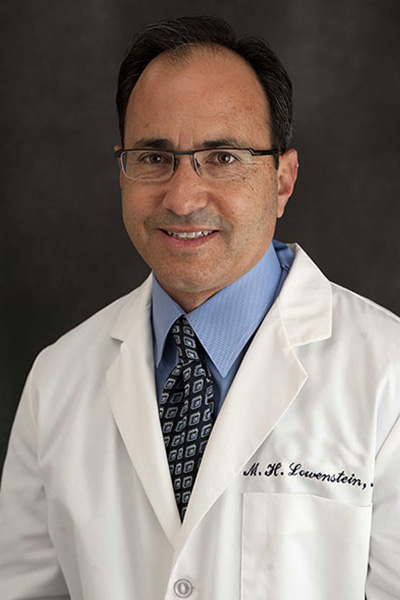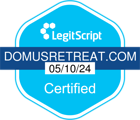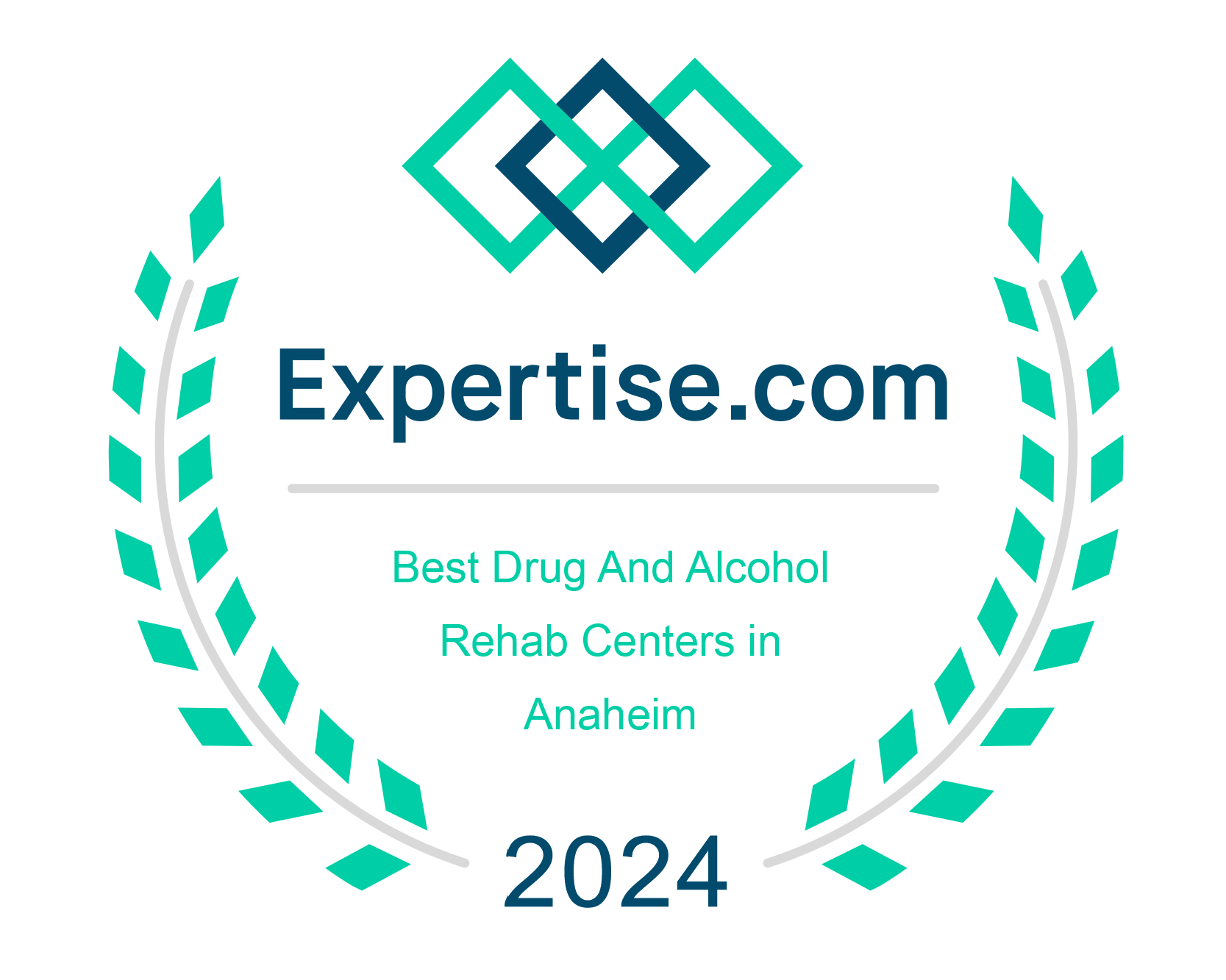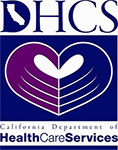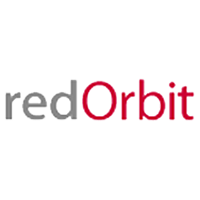Dr. Michael H. Lowenstein has been the medical director of Waismann Method® for over two decades. He is a physician you can trust with your care because his multiple board-certifications and experience are recognized and admired worldwide. Dr. Lowenstein has been at the forefront of the scientific advancement of opioid use disorder treatment, including medically-assisted opioid detox and rapid detoxification. He has himself successfully detoxed thousands of patients under anesthesia.
Dr. Lowenstein is uniquely qualified to treat patients suffering from opioid use disorder. His unparalleled experience and quadruple board certifications allow him to identify preexisting medical conditions and adjust the treatment to best fit the patients’ unique health needs. Dr. Lowenstein is board certified in pain medicine, addiction medicine, anti-aging, and regenerative medicine. Additionally, he is also a renowned pain management expert who has been treating chronic pain since 1992. His decades of pain management experience provide him a remarkable ability to connect with patients while recognizing their desire to feel better regardless of the cause of discomfort is chronic pain, mental or emotional issues, unbalanced bodily function, or another origin.
Dr. Lowenstein is a member of numerous medical associations, including the American Society of Interventional Pain Physicians, American Society of Addiction Medicine, and American Academy of Pain Management. He is also a graduate of the Loma Linda University School of Medicine and Diplomate of the American Board of Pain Medicine. To better understand the effects of opioid use on the brain and other body systems, Dr. Lowenstein completed a fellowship and earned Board Certification in Anti-aging, Restorative, and Regenerative Medicine. His goal is to provide patients with the most effective, safe, and comfortable detoxification, leading them to a path of sustaining a much better quality of life.
“There is too much judgment and stigma around opioid use disorder, addiction, and people seeking treatment for pain and mental health issues” and “That kind of prejudice gets in the way of progress.” He also notes a movement of “empathy and compassion” and the transition from a “disease care” to “health care” system can address the medical and social issue of opioid abuse in the United States. He goes on to state that “People do drugs for a reason, and until you identify the real reason — pain, anxiety, depression, emotional abuse, trauma — you’ll never make the patient better or effectively treat their condition.”
“Doctors need to see and treat the whole person, not just the symptoms.” [1]
Experience:
Waismann Method® Advanced Treatment of Opiate Dependency and Domus Retreat®
12/1998 – present
Beverly Hills, California
Medical Director
Michael Lowenstein, MD, APMC
11/2001 – present
Santa Ana, California
Comprehensive Pain Management
Newport Beach Headache and Pain Institute
02/2000 – 04/2002
Newport Beach, California
Multi-disciplinary Chronic Pain Management
Long Beach Memorial Medical Center
11/2000 – 04/2001
Long Beach, California
Department of Anesthesiology
Orange Coast Memorial Medical Center
01/1996 – 11/2000
Fountain Valley, California
Vice-Chairman, Department of Anesthesiology
Director, Acute Pain Management Services
Chairman, Physician Well-Being Committee
Coast Pain Management
01/1996 – 01/2000
Fountain Valley, California
Multi-disciplinary Chronic Pain Management
Medical Director
FHP, Inc.
07/1992 – 01/1996
Fountain Valley, California
Vice-Chairman, Department of Anesthesiology
Director, Acute and Chronic Pain Management Services
California Diabetes Control Program
07/1983 – 06/1984
San Bernardino, California
NIH-CDC funded program for Prevention of Diabetes
Complications, Director
Post-Graduate Education:
Fellowship in Restorative and Functional Medicine
12/2007-12/2009
Education:
Loma Linda University Medical Center
07/1989 – 06/1992
Loma Linda, California
Anesthesiology Residency
Santa Clara Valley Medical Center
07/1988 – 06/1989
San Jose, California
Transitional Internship
Loma Linda University Medical Center
05/1988
Loma Linda, California
Doctor of Medicine
University of California at Berkeley
12/1983
Berkeley, California
Masters of Public Health
University of California at Irvine
06/1982
Irvine, California
Bachelor of Science, Biological Science
Professional Associations:
- American Society of Addiction Medicine
- American Academy of Anti-Aging and Restorative Medicine
- American Society of Interventional Pain Practitioners
- American Association of Pain Management in Ultrasound
- American Academy of Pain Management
- California Society of the Industrial Medical Council
- California Society of Addiction Medicine
- California Society of Interventional Pain Physicians
- North American Neuromodulation Society
- Spine Intervention Society
Certifications:
- American Board of Medical Examiners, Diplomate, 07/1989
- American Board of Anesthesiology, Diplomate, 04/1993
- American Board of Anesthesiology, 09/1994
Added Qualification in Pain Management - American Board of Pain Medicine, Diplomate, 03/1996
- American Board of Addiction Medicine, Diplomate, 2009
- American Board of Anti-Aging and Regenerative Medicine, Diplomate, Advanced Fellow, 12/2009
Licensure:
- Advanced Cardiac Life Support
- DEA
- Fluoroscopy Supervisor and Operator
[1] “The Future of Healthcare: ‘The documentation requirement on doctors has become too onerous’ with Dr. Michael Lowenstein, MD of the Waismann Method.” Thrive Global Community post, written by Christina D. Warner.


